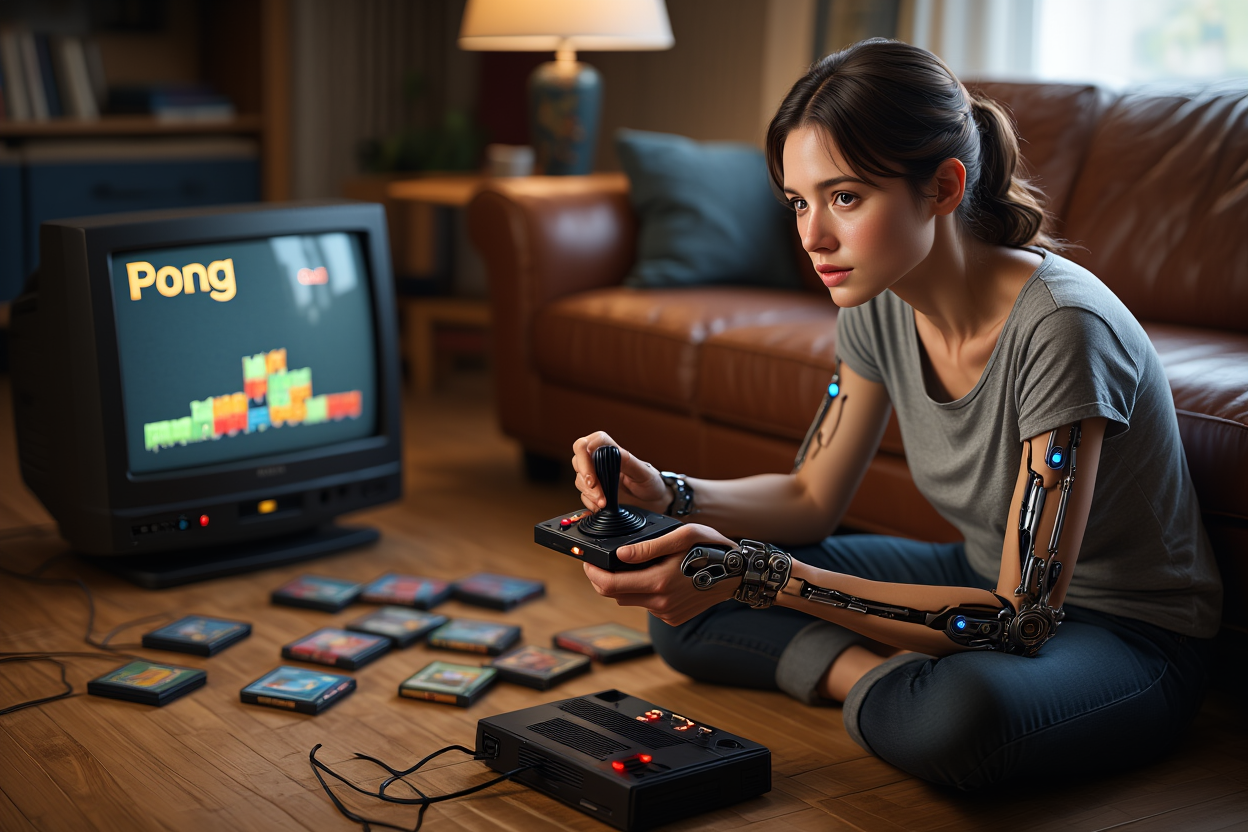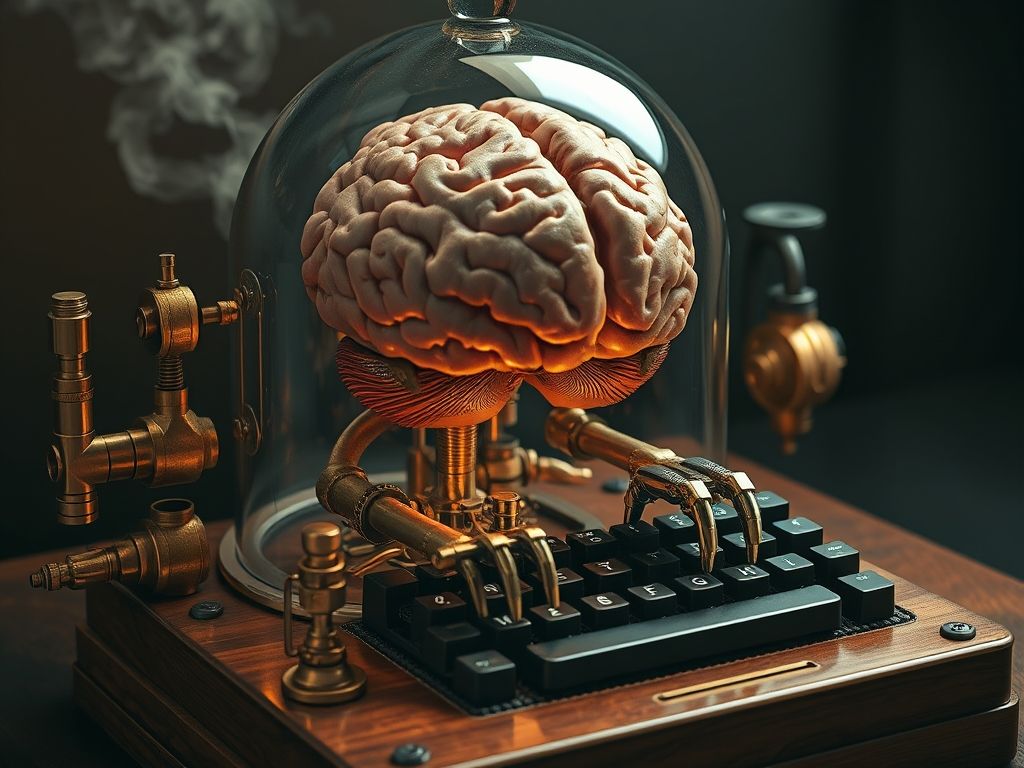HackAtari, or how a deceptively simple test brought the most sophisticated AIs to their knees.
They used to dominate video games. Boasted superhuman performance. And then one day, the games were made easier. The result? They collapsed.
Why? Because they never truly understood what they were doing.
And that’s where everything shifts.
In a study as brilliant as it is unsettling, Quentin Delfosse and his team expose a powerful illusion: that of systems which excel… as long as nothing changes.
They came up with HackAtari, a clever test built on simplified versions of classic Atari games. A test that, instead of making tasks harder, makes them easier — and yet it uncovers a glaring weakness. Because when you remove the obstacles, the AIs stumble. Where a human adapts and makes sense of the change, the machine falls apart.
What does HackAtari really tell us? That an AI can ace the exam… without ever understanding the questions. That it can repeat, optimize, correlate… without ever reasoning.
What if our AIs were, in truth, nothing more than top-of-the-class students — reciting without understanding?
👉 This isn’t a performance test, it’s a truth test. One that doesn’t measure what an AI does, but what it understands. And it leaves us with a quietly disturbing question: Do our AIs actually understand what they’re doing?




